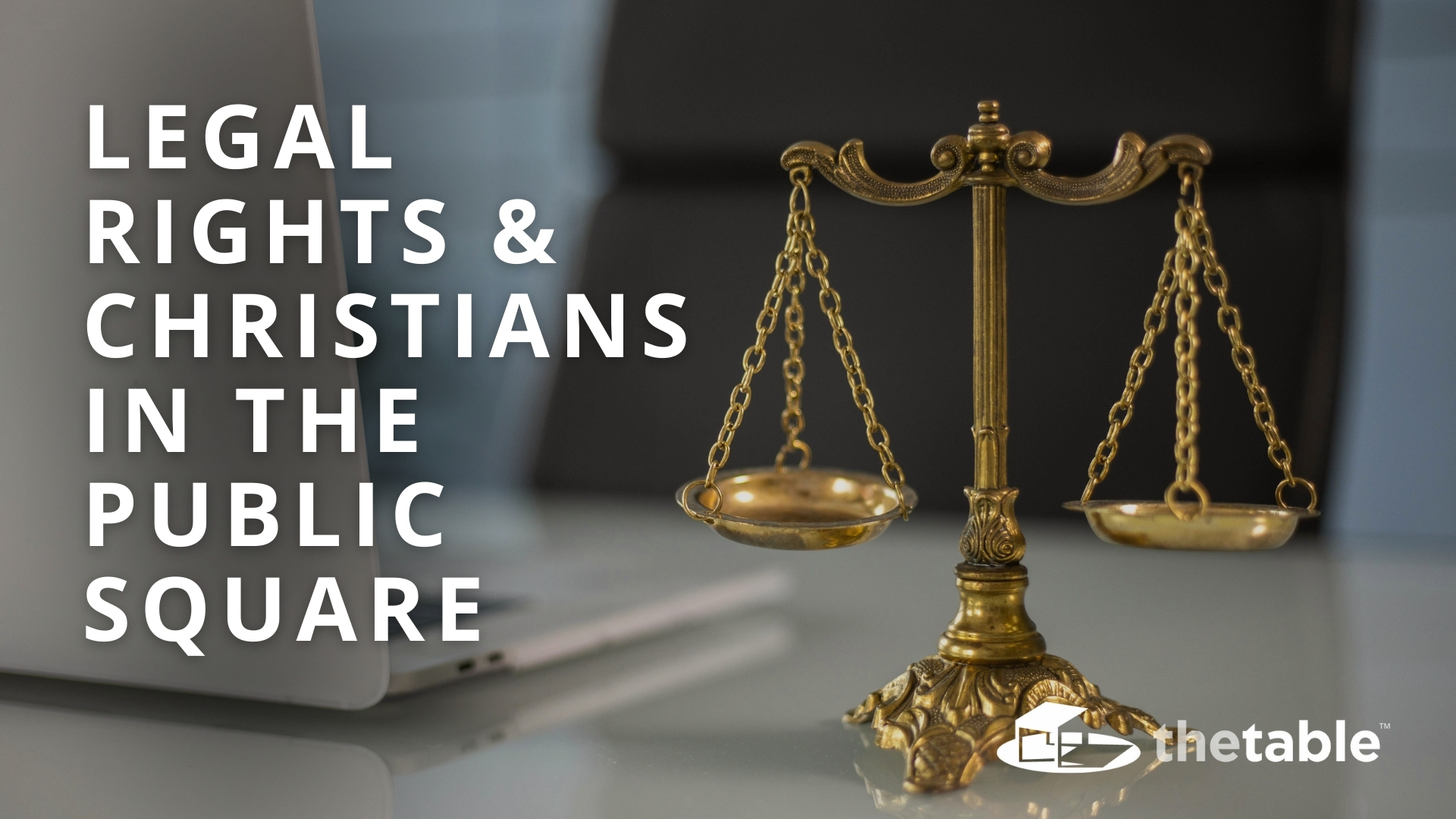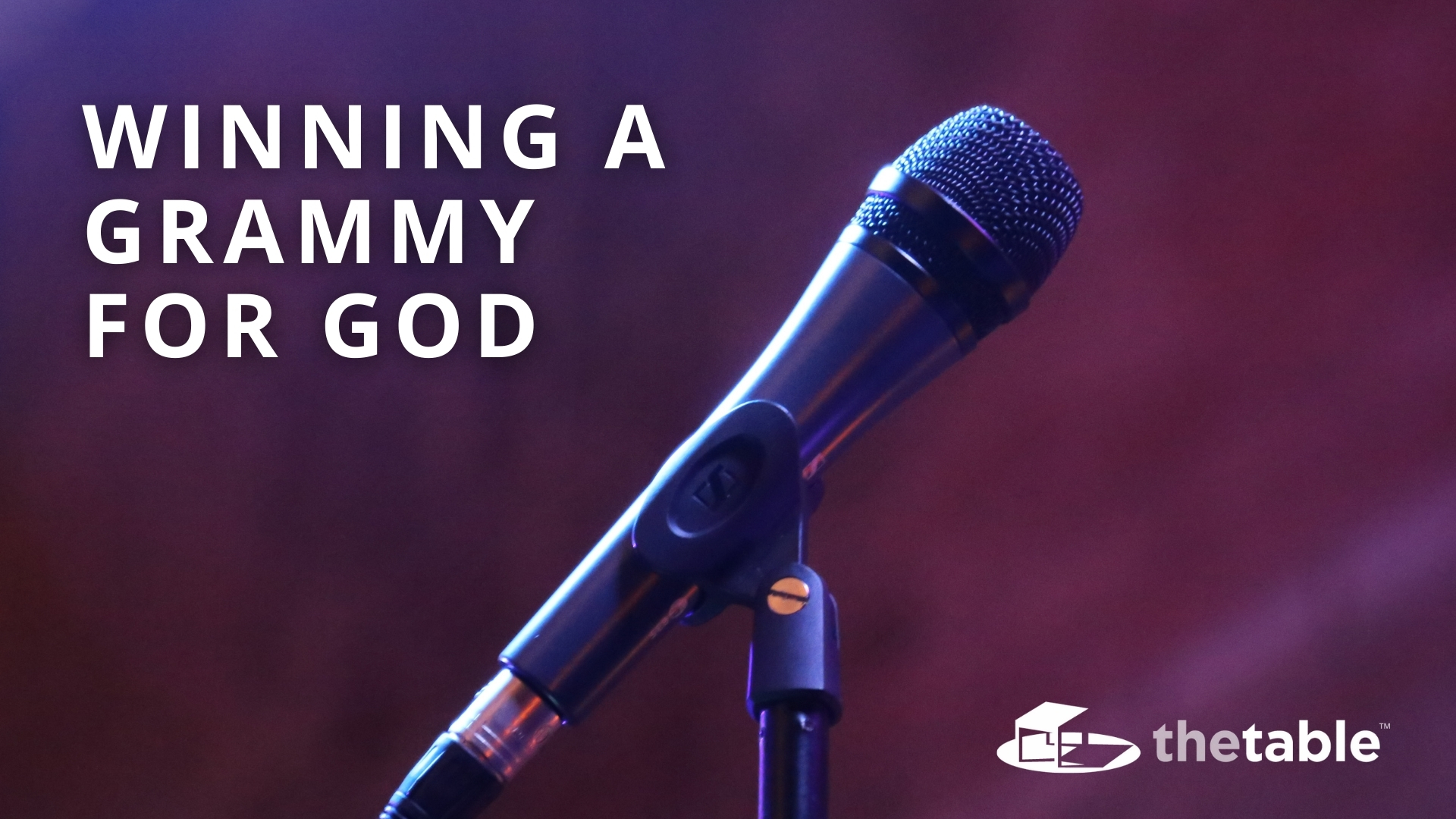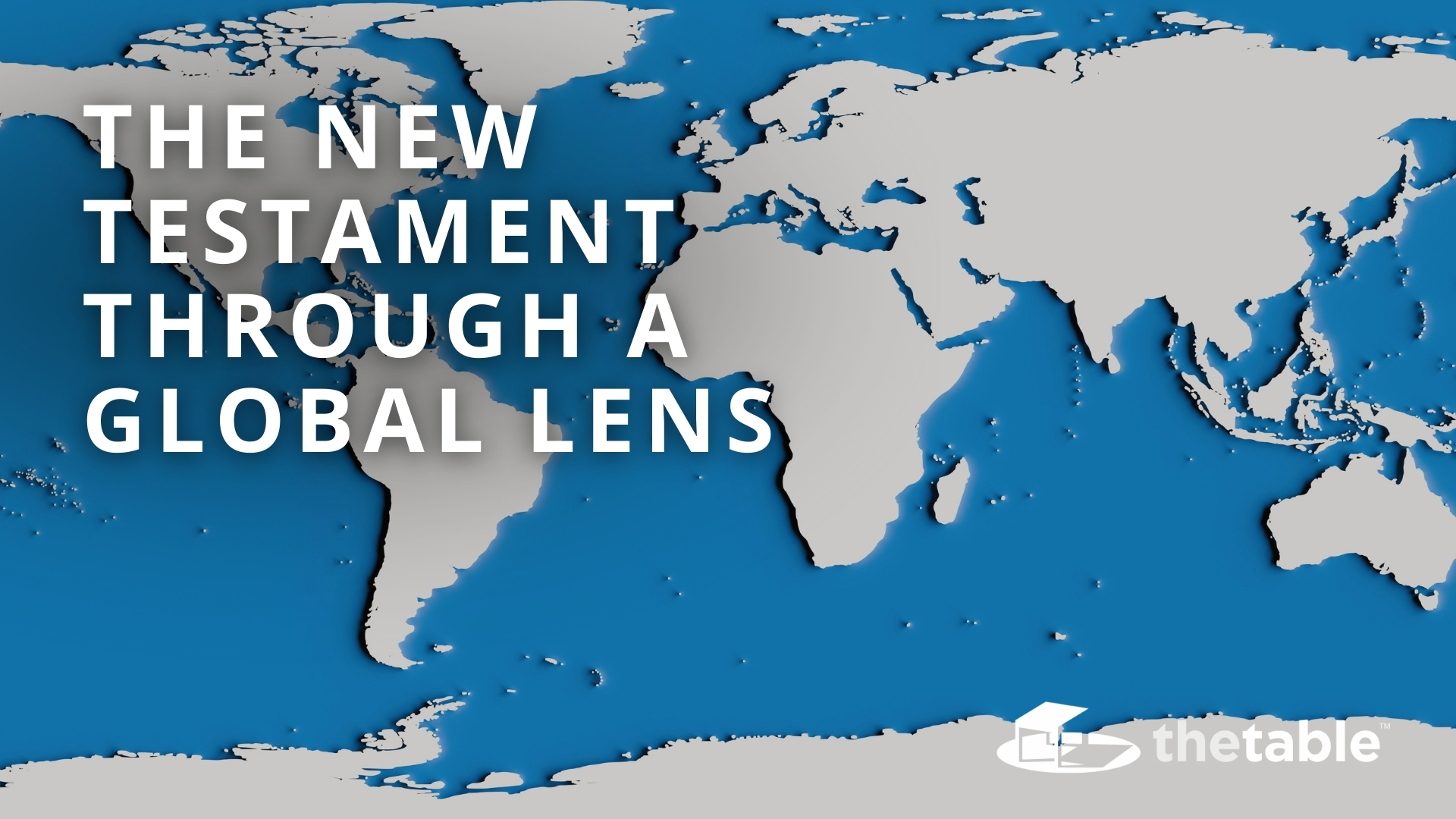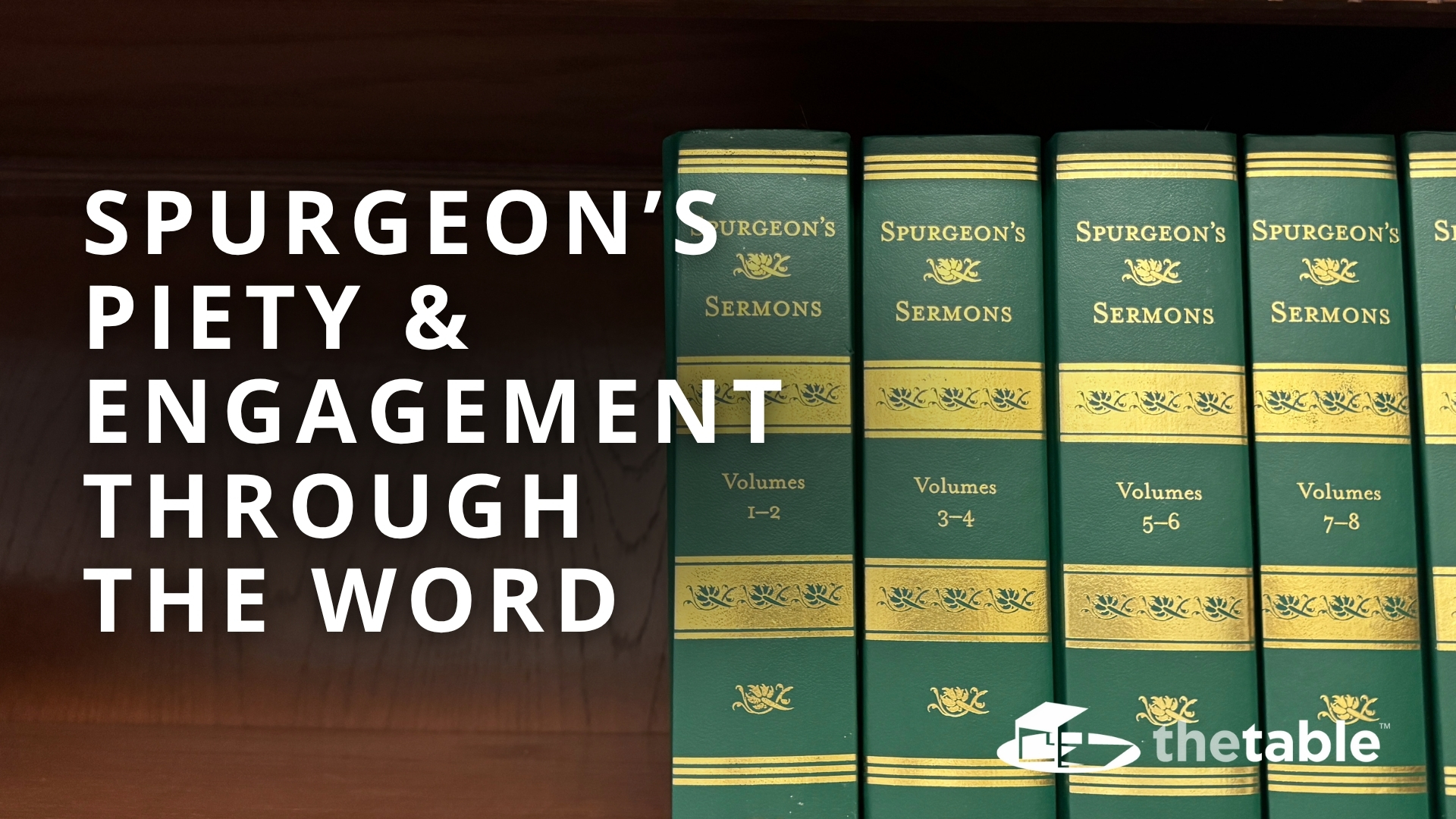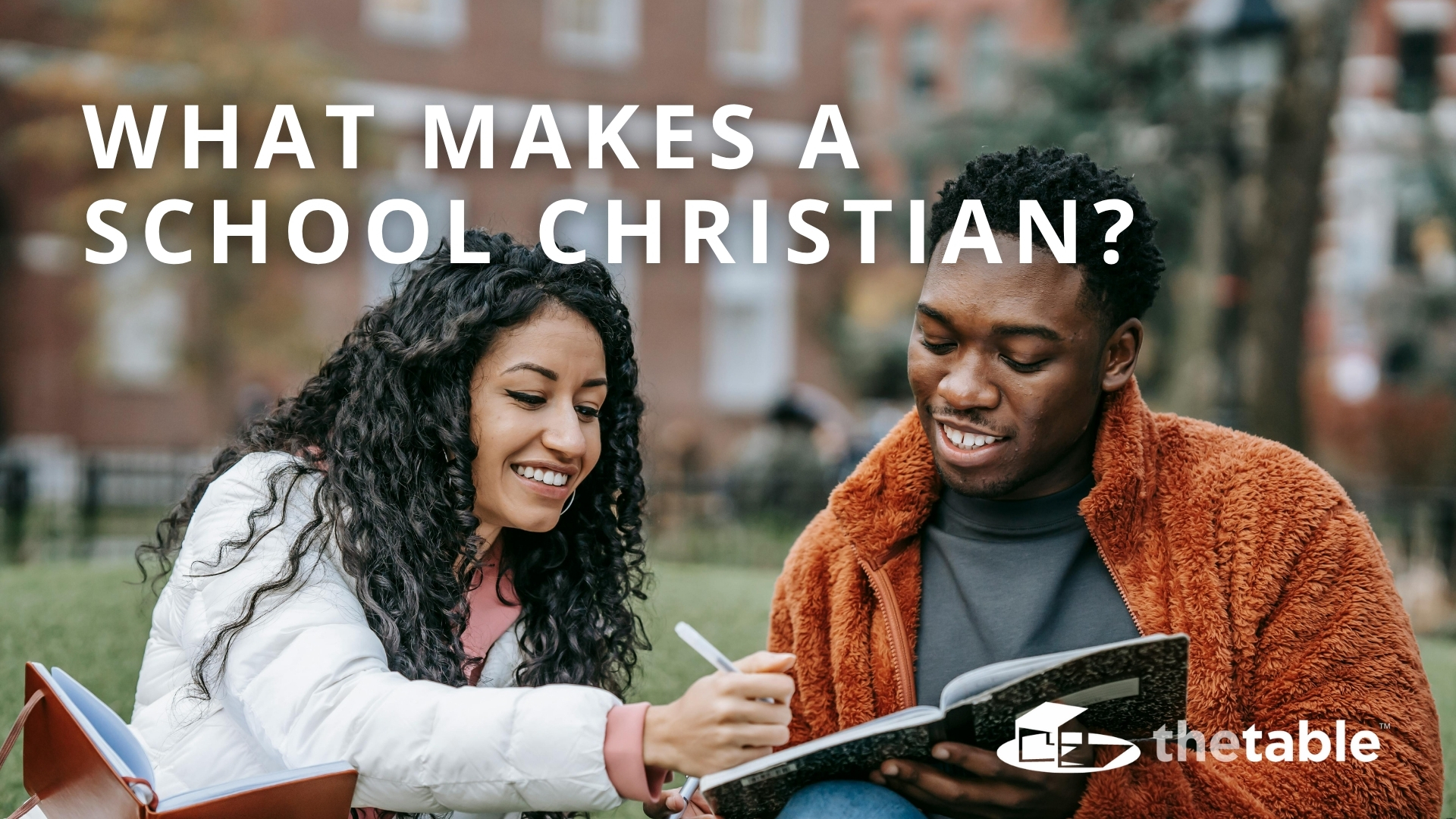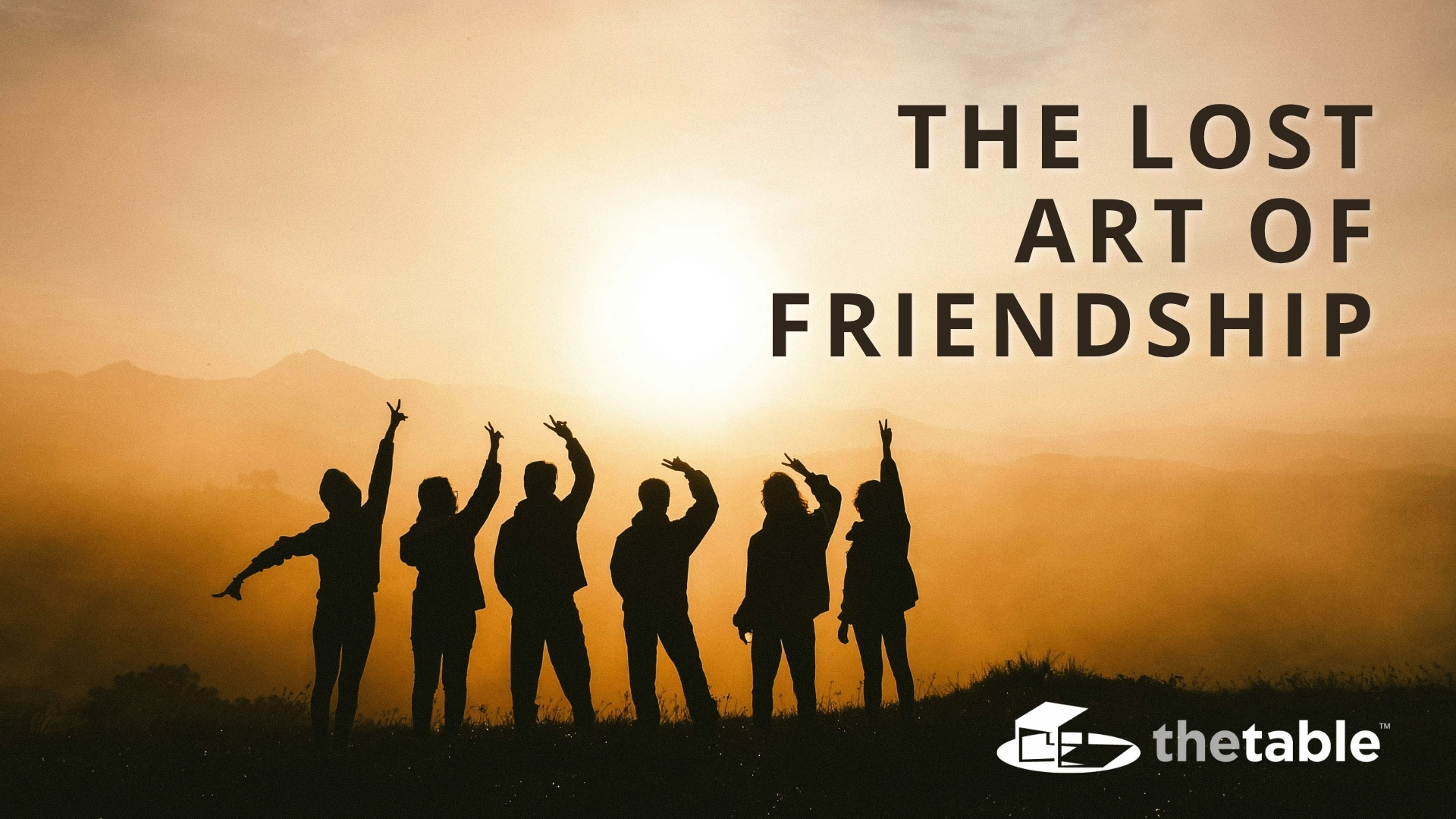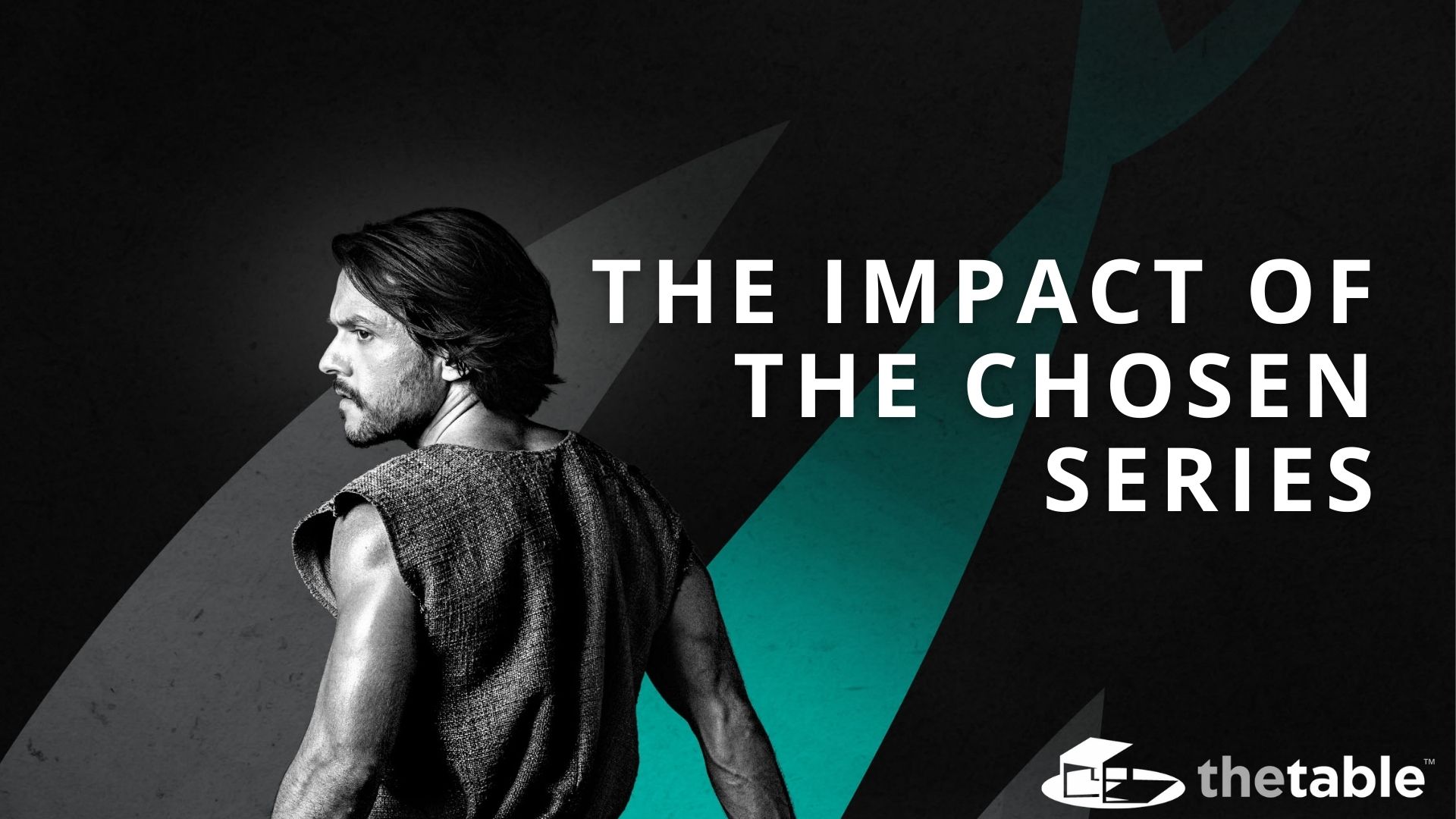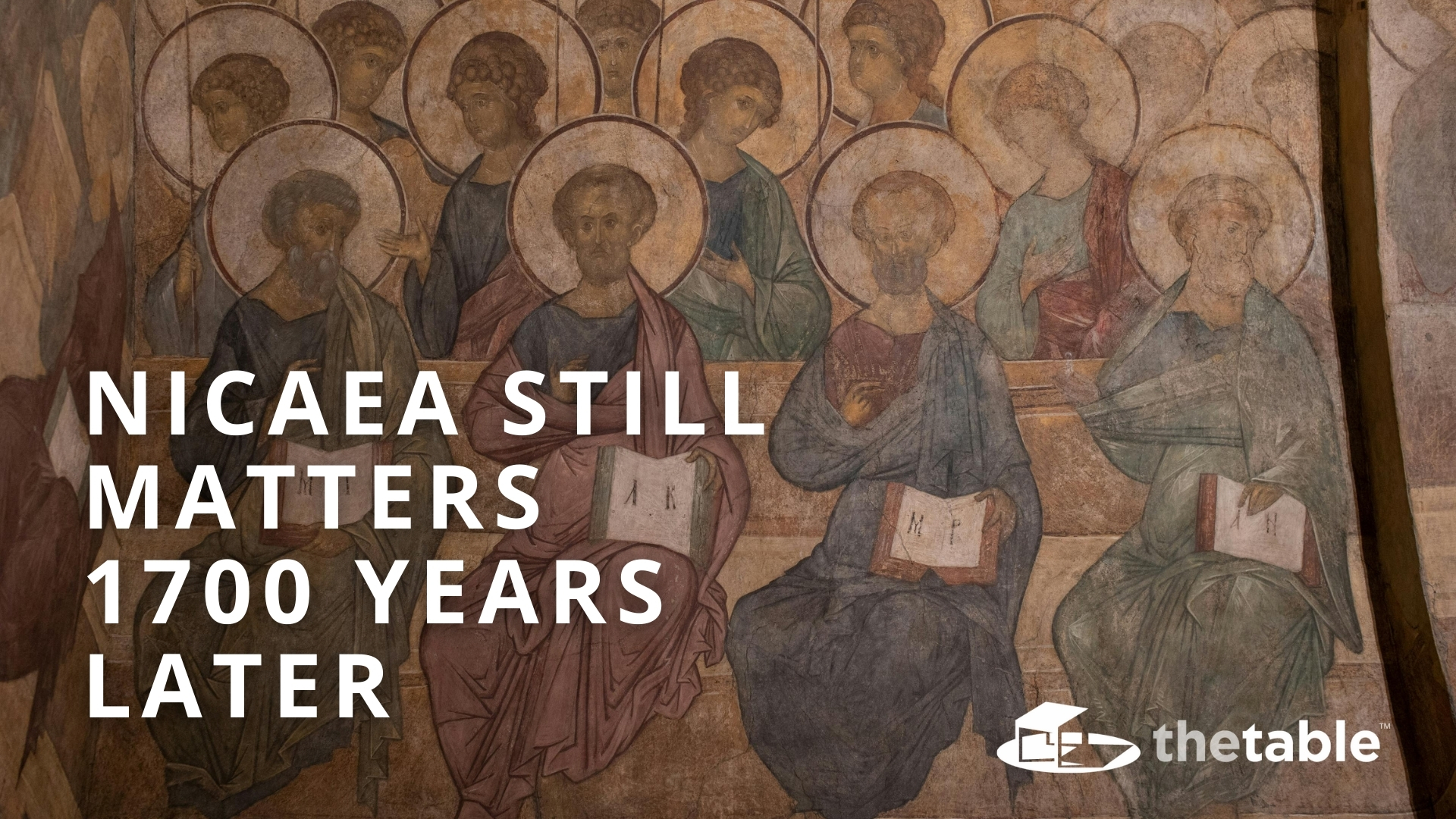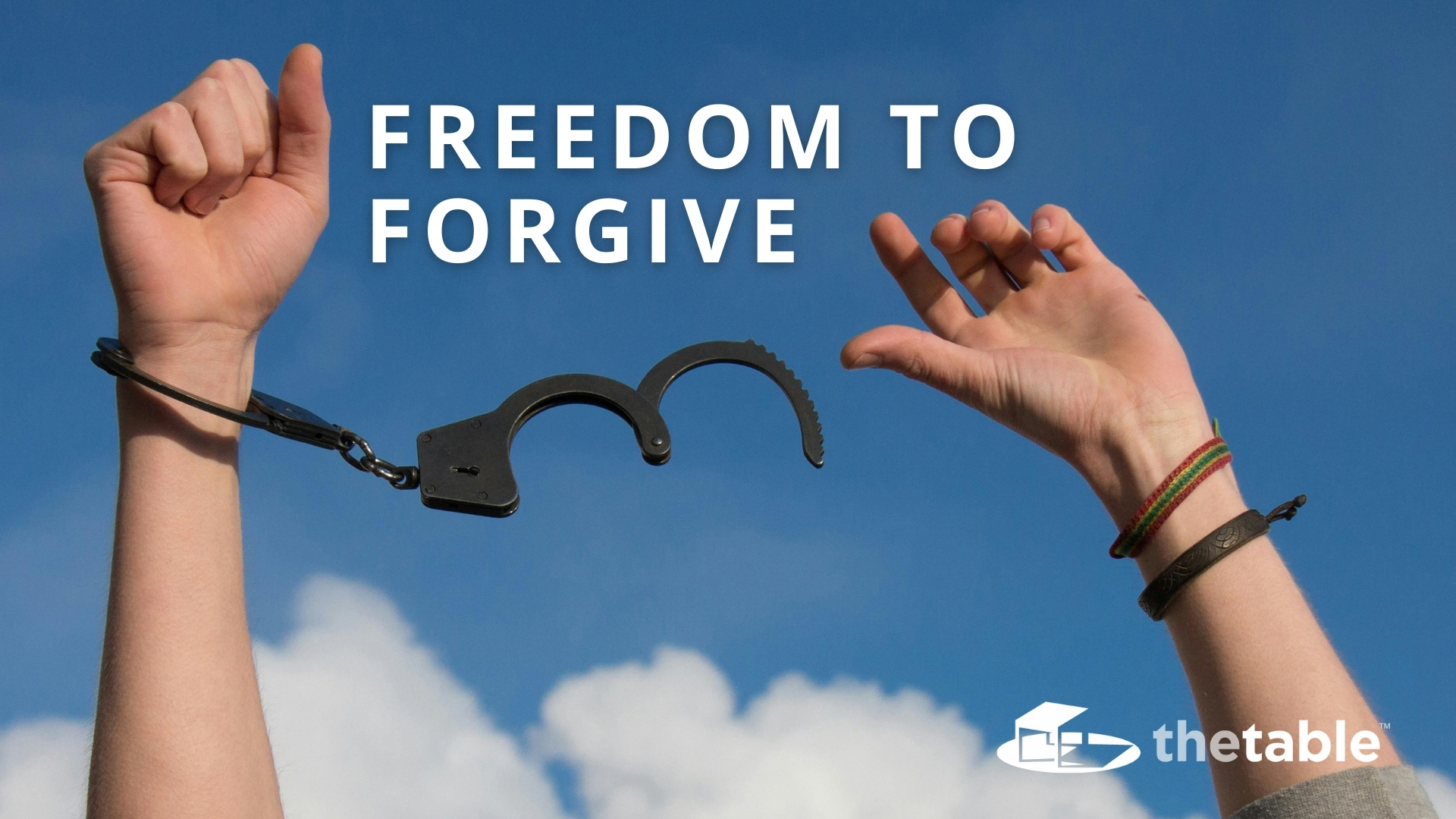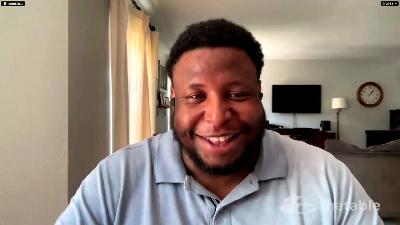Legal Rights and Christians in the Public Square
Description
Darrell Bock:
Welcome to The Table Podcast where we discuss issues of God and culture, to show the relevance of theology to everyday life. I'm Darrell Bock, executive director for cultural engagement at the Hendrick Center at Dallas Theological Seminary. And my guest today is Johnny Buckles, I'll be introducing him in a minute, and our topic is the Christian, the law and the public square. Put those three together and see what happens. So, Johnny, it's a real pleasure to have you with us, let me introduce you. Johnny Buckles joined the University of Houston Law Center faculty in 2000, so he doesn't play basketball, okay? But he is very connected to the University of Houston. He's taught many courses including the Law and Theology, and courses in tax law, that's an interesting combination. So, if you don't have your debts to God in order, at least you'll have your debts to the country in order.
Most of his scholarship is accessible on his SSRN author home page, Papersssrn.com, and then there's a whole lot of stuff afterwards, we'll just post that rather than my trying to go through it all. You hold a JD from Harvard Law School, an MABS from Dallas Theological Seminary, and a bachelor of science degree from Oklahoma State University. You're married to Tammy, and they are blessed parents of Annie and Rex. Your home church is Woodridge Baptist Church, where he teaches an adult Sunday school class. Thanks for being with us, Johnny.
Johnny Buckles:
Thank you for having me, it's my pleasure.
Darrell Bock:
Well, we always ask our guests this question first, how did a nice guy like you get into a gig like this? Explain how… Well, I guess the way to explain it is, explain how law, theology, and Johnny Buckles got together so that we can talk about Christians in the public square.
Johnny Buckles:
Okay. Well, that's fair enough. It could probably take an entire podcast just to tell you that part of the story, Professor Bock, but it really starts out in the Oklahoma farming and ranching community of Woods County, Northwestern Oklahoma, I grew up a farmer and rancher, and figured out by the time I was in sixth grade that I wanted to be a lawyer. Yeah. Now, my idea wasn't exactly what it came to be for me, I sort of had the image of Perry Mason or the local hometown lawyers, I suppose. But I wound up majoring in accounting because people told me that it would go well with a law degree, then when I was in law school, after doing some research at a law firm over the summer, I realized that tax law really was what interested me.
So, once I graduated from law school, I went to Dallas, I worked at a large firm, it was then called Thompson and Knight, it has since merged, and then after a couple years of full-time practice in law school, I approached my firm with the unusual request of reducing my hours a bit so I could go to seminary part-time. So, I went to Dallas Seminary, your home institution, part-time, for four years, it was a two-year program, took me four years because I continued to practice law. I did that because I wanted to be better grounded in evangelism. Well, when I was studying theology, I realized how many conceptual parallels there were with my legal studies. And I wasn't exactly sure what it would look like when I graduated from seminary, I felt I wanted to be better grounded in evangelistic ministry, not knowing what that would be, and after knocking on a few doors after graduating from seminary, and continuing to practice law, it looked like that the academic route might be the option for me.
And I received the job offer from University of Houston a little after a year having finished seminary. And so, beginning in 2000, the fall of 2000, I started work at the University of Houston Law Center, I've been a full-time faculty member since then. So, my background in practice was tax law, with special expertise in the law of tax-exempt organizations. So, I worked with a lot of nonprofits, and that would include of course that body of law that's relevant to religious organizations, as well as other charitable organizations, and so when I took the job at Houston, they needed not only tax law classes but also trusts and wills, which in a way is pre-estate planning, which is very tax intensive, and then I told them, as the course I got to choose, that someday I'd like to teach law and theology.
Well, I had only been here two or three years when the then associate dean said, "You remember how you said you want to teach law and theology? We don't have anybody teaching law and religion, I'd like to encourage you to do that sooner than later." So I just made up the course, and I've taught law and theology a great deal since then. So, I teach the basic tax class, the taxation of exempt organizations class, estate planning, sometimes trusts and wills, sometimes contracts, and then I teach the law and theology class a lot as well.
Darrell Bock:
Well, that has me fascinated. So, if I were to sign up for the law and theology class, what would be likely to discuss, or maybe let me ask this question first, this is a terrible thing to do as an interviewer is to switch on you midstream, but talk about, you said there was an overlap between law and theology, talk about that a little bit, what do you see as the overlap between law and theology?
Johnny Buckles:
Well, that's a great question, there are so many overlaps, but I'll talk about some of those overlaps that we address in the course. Probably the most basic overlap is at the very fundamental level of interpretation.
Darrell Bock:
Yeah, hermeneutics.
Johnny Buckles:
Yes, hermeneutics, that's right. Well, in seminary I learned about how to interpret the Bible, I took the class with Professors Bailey and Hendricks, and I realized that there were a lot of principles that we were talking about that had parallels in the study of law. So, principles for interpreting a biblical text have parallels when you study principles for interpreting a legal text, whether that's a constitutional text or a statutory text. And some of the debates that exist in the biblical field of hermeneutics have similar kinds of debates in legal interpretation. Sometimes the way that you come out on hermeneutical principles in approaching the Bible are similar to the way you may come out when interpreting a legal text, but sometimes they may be different, because there are some similar assumptions, but there are also different assumptions that you bring to the table. So, that in and of itself is one area, and that happens to be an area that we look at in the law and theology class.
Then other concepts that I saw were similar in seminary would include these, concepts of causation. So, we talk about causation when we talk about biblical doctrines, when we think through election, and predestination, and the exercise of free will, these involve concepts of causation. There are concepts of causation in the law as well, in the criminal law, in the law of torts. There are concepts of justification, excuse and pardon that are pretty obvious in the study of theology, but there are also concepts of justification, excuse and pardon in the law. And then, another overlap is the concept of culpability. So, what does it mean to be a sinner? What is the nature of sin and guilt in theology? And similarly, what are concepts of blameworthiness in the law? These are some of the examples of the conceptual parallels that I saw, so in the law and theology class, we address these conceptual parallels, and then I've found other areas of commonality, and we talk about them as well in the law and theology class.
So, what about the doctrine of the Trinity? Can you imagine any relevance of the doctrine of the Trinity to law? Well, it turns out that there is a jurisprudence piece that examines the question of whether Dorothy Sayers, Mind the Maker has any relevance to the process of, arriving at the law judicially. And we expand that inquiry a little bit and we have a day called Analogical Trinitarianism. We also look at some doctrines of creation, the doctrine of creation, and see what kind of relevance that might have to the law. So, there's another jurisprudence piece that looks at the doctrine of creation, and what that implies about the limits of human judging, and then we also have a day that looks at some of the ways the doctrine of creation has surfaced in disputes, constitutional disputes in the courts, going back to the old debates over evolution, up through the more contemporary discussions of intelligent design in the public classroom.
Of course, we couldn't do a class, a whole course, without at least touching on the constitutional issues. So, Dr. Bock, we both look at what the constitution has to say about the establishment of religion, and about the free exercise of religion, and then also look at church and state from a historical theological perspective, and then we have a day discussing more philosophical ideas of public morality that relates to religious-based morality, and what's appropriate for religious-based morality in the public square. And then, we just do a few isolated topics that people might think of when they think about a course on law and theology, so we look a little bit at marriage in law and theology, we look a little bit at questions of human life and dignity in law and theology, and then usually we have as the last day a discussion of evangelicalism and other religious views as they might come under attack in the process of confirming people to public office.
Darrell Bock:
So, let me pick out a few of these topics and just get you to elaborate on what you tend to highlight. I want to come back to hermeneutics in the way in which we interpret texts and discuss t

